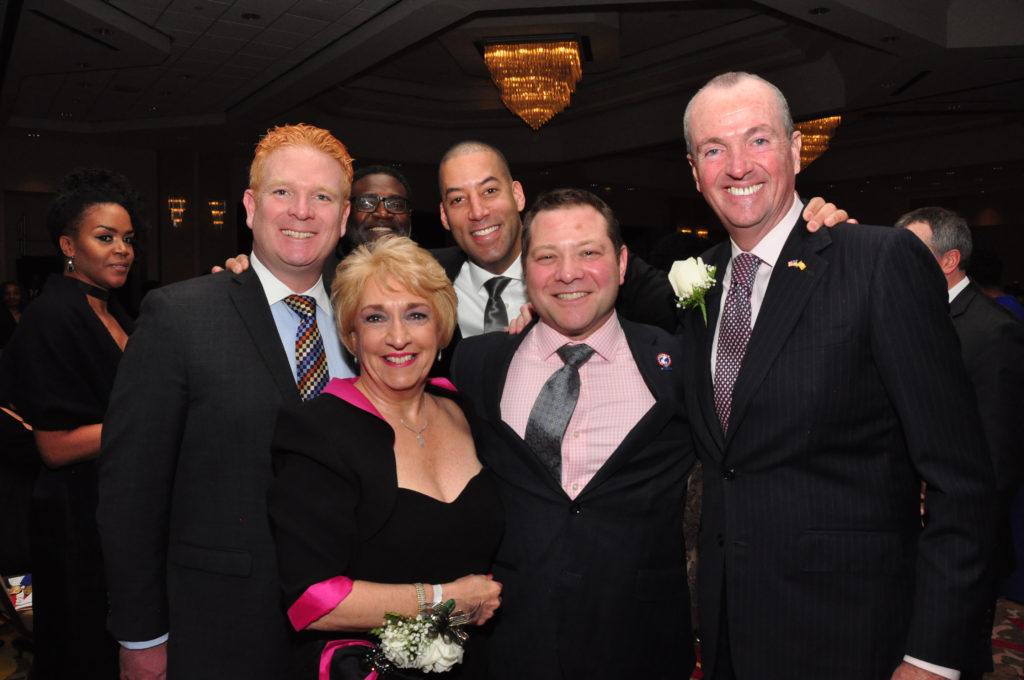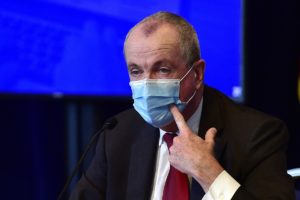The NJEA’s investments are paying off. New Jersey’s most powerful special interest has had a great recent run with Governor Murphy.
As is well known, the NJEA was “all-in” for Phil Murphy when he ran for governor and strongly boosted his candidacy. Since Murphy’s election, the NJEA and its public-sector union allies have pumped at least $5.5 million into New Direction New Jersey (NDNJ), the dark-money Super PAC that runs media campaigns boosting the NJEA’s and Murphy’s shared agenda. Sunlight Policy has long decried Murphy’s conflict of interest in raising money and appearing in ads for NDNJ, an organization that is 85% funded by the NJEA and its public sector union allies. (See Sunlight Policy’s report “A Spider Web of Political Power and Influence” for a full discussion of the NJEA’s role in Murphy’s campaign and NDNJ).
Predictably, the NJEA is now reaping the benefits – even despite the hardships created by COVID19. The NJEA sees “many good things” in Governor Murphy’s proposed FY2021 budget:
- An expanded millionaire’s tax;
- Higher corporate taxes (for a total of $1 billion in new taxes);
- Payment of the full budgeted $4.9 billion pension contribution (taking up 12% of the entire budget and funded by $4 billion in additional debt); and
- No cuts to state education aid.
Of course, the NJEA always wants more state government spending on its agenda, but the NJEA’s overarching gratitude is clear: “We thank the administration for making public education students and staff a priority in this budget.” (All NJEA quotes from NJEA website here and here). The NJEA is right: Murphy clearly made them a priority in his budget and the NJEA went four-for-four on its major policy planks.
This comes on top of a trifecta of NJEA-sought legislation being recently signed into law by Murphy:
- The so-called Chapter 78 relief healthcare law that “will save members hundreds of millions of dollars while preserving platinum-level benefits.”
- The education support professionals (ESP) law that provides NJEA ESP members with “the strongest ESP Due Process rights in the nation.”
- The ESP job protection law that prevents sub-contracting of ESP members’ jobs during the life of negotiated collective bargaining agreements (too bad for the property taxpayers who fund school district spending).
The NJEA said it well: the laws were “part of a three-bill Job Justice package that NJEA members [politically] organized and worked to pass for over two years.” That’s three-for-three.
That makes seven-for-seven on the NJEA’s political agenda. Add in public-sector union and NDNJ donor CWA’s “No Layoff Agreement” with Murphy, and that’s eight-for-eight — despite the budgetary pressures and millions of private-sector layoffs caused by COVID19. This is all great news for the NJEA and its allies, and a great return on their investment in Murphy. For the rest of New Jersey – the private-sector workers, the taxpayers, the corporations, and the small businesses – not so much. No wonder NJ has one of the worst outmigrations of people, businesses and wealth in the country.
Once again, our politicians, led by our governor, are taking care of the special interests at the expense of the rest of us. The sad truth is that even in the middle of a pandemic, New Jersey’s governance is run by and for the special interests.




